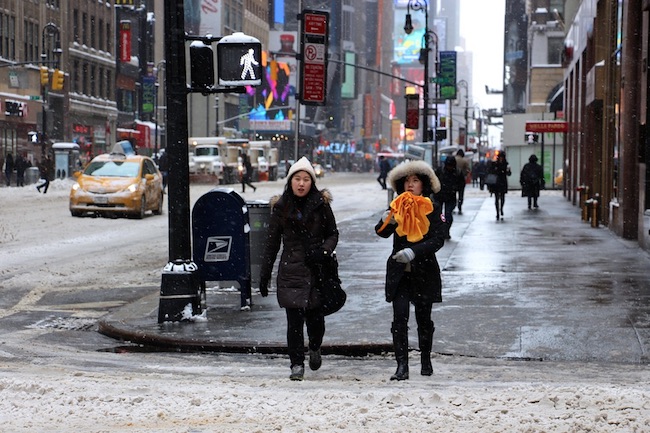Four Reasons You Might Always Feel Cold By Adam Taylor, Lancaster University via Natural Blaze
GNN Note – Maybe your spouse keeps the house at an unreasonably cool temperature. Just sayin’ /END
Almost all of us will complain of being cold at some point, especially as lower temperatures arrive. But some people feel cold no matter the weather – and there are a number of reasons why this might be case.
The average normal body temperature is 36.6℃, but variations are common with differences of up to 0.5℃. A person’s resting temperature changes throughout a 24-hour period, peaking around 6pm and dropping to its lowest around 4am. Average body temperature has also decreased by up to 0.03℃ per birth decade since it was first established in the 19th century.
Different parts of our body have different temperatures, with the rectum being the warmest (37℃), followed by the ears, urine and the mouth. The armpit (35.9℃) is the coldest part of our body that is usually measured.
Here are four other factors that affect our body temperature – and may be the reason behind why some people always feel cold.
Anatomy
Men and women actually create different amounts of heat to keep the body warm. Men have a higher average resting basal metabolic rate (of energy burned at rest) due to their higher muscle mass. This means men naturally create higher amounts of heat to keep them warm.
Similarly, the layers of fat, which are designed to insulate and keep the body warm, are distributed differently in men and women. Women have an almost two-times thicker layer of fat underneath the skin in the arms and legs, so the heat from any underlying muscles finds it more difficult – and takes longer – to get to the temperature receptors in the skin, which may be why some women may complain of feeling cold more often. It’s not clear whether, once at a comfortable temperature, this difference in fat distribution keeps women warmer for longer.
Hormones
Women have a cyclic change in their base body temperature which is influenced by various hormones involved in the menstrual cycle. Before ovulation, temperatures average 35.9℃, then peak at 36.7℃ a few days after.
A number of sex hormones interact with the system that regulates our temperature. For example, oestrogen increases vasodilation, a widening of blood vessels, which helps reduce body temperature – whereas progesterone tends to cause warmer body temperatures. Studies show synthetic progesterone, found in oral contraceptives, causes a prolonged elevation of body temperature.
While higher testosterone levels in men don’t appear to change the temperature of the body, it appears it may cause men to feel the cold less by desensitising one of the receptors that detects cold.




